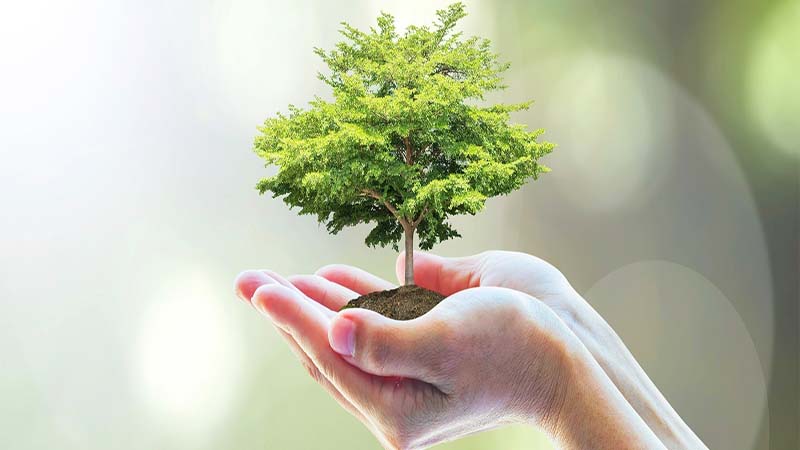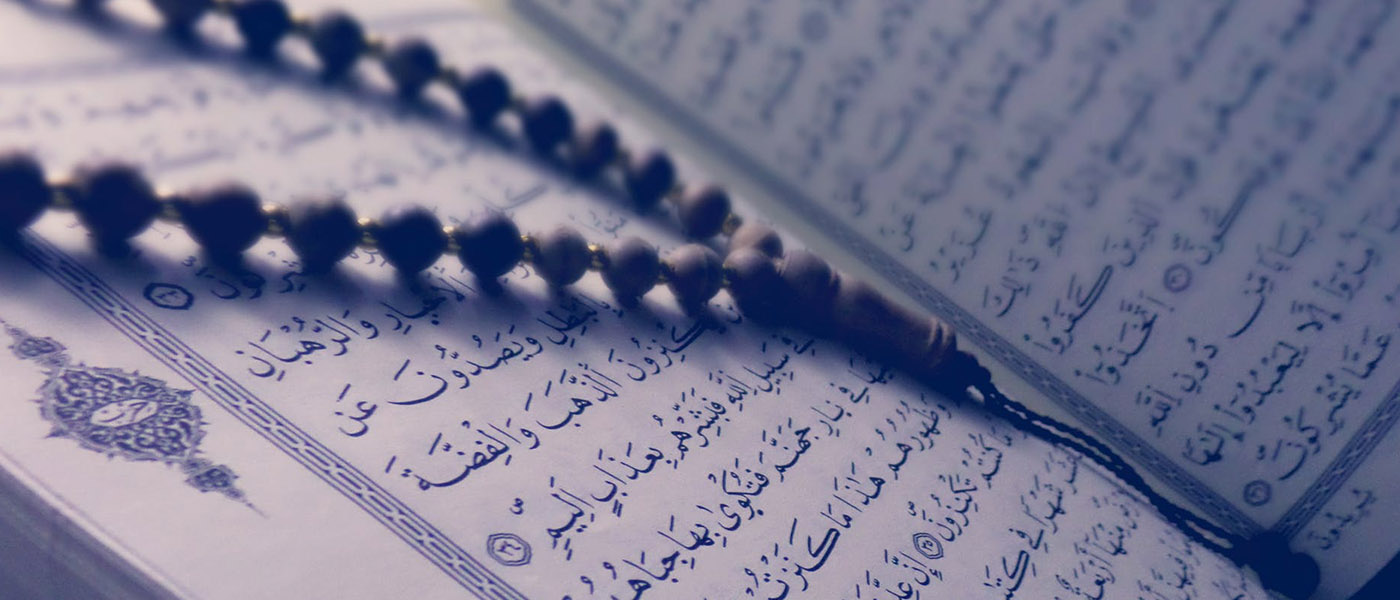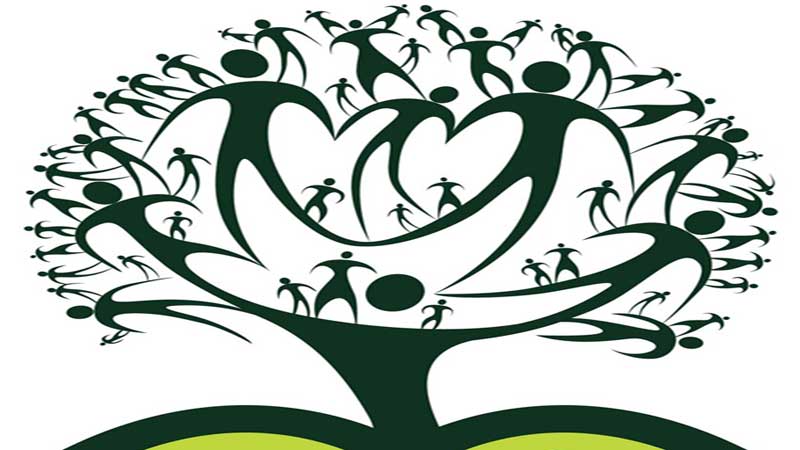

"I feel honored to be a Muslim...": Part 2
I used to literally think that Islam was an Island somewhere in the Middle East (which surprisingly is still a common misconception amongst a large portion of the population today, thinking Islam is a country). I knew of the Muslim religion, but I looked at Muslims like Buddhist, with strange rituals. I used to think they worshipped idols. But that night when I went out with my friends, Islam had become a hot topic.
Some of my friends started to bash Islam, saying that it was a stupid religion. I was surprised that some of my friends happened to be Muslim and they began to defend their religion. Being curious about the whole topic and its impending impact on the near future, I began to investigate. And what I found surprised me. I found out that the Muslims worshipped God. Furthermore I found out that the Muslims believed in Jesus as being a Muslim (one who submits to God), who was a Prophet and Messenger of God, that God saved him from the Crucifixion, and that he was no part divine or any part of God, and that God alone should be worshipped.
Those pieces of information struck a chord with me, for I remembered believing in God as One Absolute being when I was younger, and likewise, I remember rejecting Christianity based upon its worship of Jesus.
Thus I began an inquest into Islam and Christianity. I became interested in the subject of religion and began reading constantly. I would consult my grandmother on issues regarding Christianity, and would consult my friend on Islam. I would bring the arguments back and forth to one another to see whose arguments would stand up.
Eventually after reading through the Quran and the Bible, observing God’s Miracles in nature and undergoing a thorough soul searching experience. I said to myself about Islam, “it sounds so true, but can it be real?” And right in that instance, I remembered my previous prayer when I said, “God, if your real, and you exist, please help me!” I was covered in goose bumps. I realized that this was the answer, but I still wasn’t sure if I wanted to become Muslim. I didn’t know how well I would fit in with the Muslims from an ethnic standpoint.
I continued reading and was really looking for something to give me a conformation about my decision. Then one day while reading the Bible, I came across verse 26:39 in the Gospel of Matthew. The verse reads:
Going a little farther, he fell with his face to the ground and prayed, “My Father, if it is possible, may this cup be taken from me. Yet not as I will, but as you will.”
For me, this verse confirmed three things that I had learnt from an Islamic view of Jesus. That he was Muslim, as he prayed as a Muslim by falling to his face in prayer. That he didn’t want to die, because he prayed for the cup of death to be removed from him. And that he was not God, because he himself prayed to God for help.
This was the conformation that I needed that really solidified my decision to embrace Islam. And I couldn’t accept the Message, without accepting the Messenger. So on December 28th, 2001 by the Mercy of Allah, I took the declaration of faith (To say I bear witness none has the right to be worshipped except Allah, and that Muhammad is the Messenger of Allah), and embraced Islam. And since that time, by Allah’s Grace, I have achieved things, and been places, and have done things that I never would have imagined possible.
After tasting faith, I know the fruits it bears, and I pray that Allah allows me to do more good, and allows me to live the remainder of my life on His path. All praises are for Allah, and peace and blessing be upon His messenger, Muhammad(PBUH&HP). Ameen.
To read the complete version of this text, go to this
Share This Article

God led him from Catholicism to Convert to Islam | Part 1
A time comes in everyone’s life, or at least I hope it comes when they realize that they have to not only believe what they believe in, whatever it may be but get out there and proclaim it to the world. Luckily, that time came early for me. I am 17, and I am a convert to Islam which is the belief that I’m proclaiming.
"It Didn't Feel Right"
I was raised Catholic. Not internally as much as externally. I went to Catholic Sunday school, called CCD, but the Catholic view of God never played a major role in my childhood. It was a Sunday thing. Anyhow, I started to enjoy Mass around 7th grade. It made me feel good to do the right thing. I was always a rather moral person, but I never really studied the fundamentals of Catholicism. I just knew that I felt good worshipping my creator. […]
Before I was confirmed in 8th grade, in the fall of 1999, I learned a lot about what Catholicism was. The Catholicism of the Church had a lot on viewing Jesus as God in it. Nothing like my “undivided God being worshipped by me with Jesus as an example” train of thought. It was like they just opened up a can of cold, illogical confusion and tried to feed it to me. It didn’t feel right.
I continued with the Catholic Church and kept on worshipping. But I talked to many in the church about my feelings that Jesus wasn’t God but more of a Prophet, an example. They told me that I had to accept him as God and as a sacrifice, and so on. I just wasn’t buying it. I tried to buy it, but I guess God withhold the sale for my own benefit. There was a better car out there for me. I continued at the church.
"I Started Reading about Islam"
Sometime in mid-December of 1999, for no reason that I can recall I started reading up on Islam in encyclopedias. I remember making a list of bolded words in the entry for “Islam” in an old 1964 Grolier World Book that I found in my closet, and studying them.
For some reason I was amazed by this faith and that it was all about God and that it was everything that I believed all my life - right here. Previously, I had accepted that there was no faith like I felt inside of me. But I was amazed that I had found this faith. I found out that “my” faith had a name and millions of other adherents!
Without ever reading a Qur’an or talking to another Muslim, I said shahada (declaring your belief in no god but God) […]. As the months passed, I learned more. I went through many periods of confusion, happiness, doubt, and amazement. Islam took me on an enlightening tour of me, everyone else, and God.
A Slow Process of Conversion to Islam
The transition was slow. I was still attending Mass five months into my change of faith. Each time I went, I felt more and more distant from the congregation, but closer and closer to God and the Prophet Jesus, peace be upon him.
During Ramadan […], the second time I fasted (the first year, I converted during Ramadan and did not fast), I went to the library during lunch period. It was better than sitting at a table with my friends because I got work done in the library. I swear my grades went up. Anyways, I started talking to the only other Muslim at my school, John. We talked about Islam a little more each day. He’s an awesome brother, and he took me to the mosque on the last Friday of Ramadan.
Going was one of the best things I ever made in my life. God really answered my prayers this time. I thought I would be nervous, but I wasn’t at all. It was the most natural thing I ever did in my life. I felt at home. I realized something before leaving. As I sat there on the floor, praying to God, I realized that the room was full of others, but it was OK.
See, at home when someone asks me what I am doing, I never say I am praying. I never admit it to anyone. It is too awkward. But there, at the masjid, I was praying to God in front of a score of other Muslims, and I felt perfectly fine. Better than fine! I felt secure and safe. It was the most liberating thing since I accepted God into my heart that cold New Year’s Eve almost two years ago.
To be continued…
To read the complete version of this text, go to this
Read More

A Life of Hate, Crime Changes to One of Peace
The Beginning: Early Life Trials of Clinton Sipes
I grew up in a dysfunctional family setting in the atmosphere of alcoholism, physical and emotional abuse that came from my father. […] I began to imitate what I was being exposed to, this process of imitation began unconsciously. […]
[…] I began to hang out with the young adult type who welcomed my willingness to participate with no reservations in anything under the title of alcohol, drugs, crime, violence and racism. […] After 3 years of this (reform period) I was released. I was a walking grenade.
[…] At 16, I found myself incarcerated serving a 6 1/2 year sentence in the California Youth Authority for robbery, assault and weapons charges. […] I began correspondence with the KKK, and upon my release on parole, I was a full-fledged card carrying hate-monger. […]
Search for Peace: Young Adult
With this last violation of parole, at the age of 20, the search for peace began. […] In a haze of anger and rage, I found myself stripped naked in solitary confinement with not even a mattress. Only me and a styrofoam cup. I began to review my past and the negatives which brought me to this point of reduction to the lowest terms.
While I was there my daughter was born. I began to assess my future. […] I said to myself, “Clint, you must make a choice between this evil or a good future. […] I had become alienated from them. I began searching for a purity to purge the cancer of hate from inside me. […].
I became involved with human rights groups and I started my own human rights group.[…] My goal was to reach out to children to help them escape the environmental circumstances that had overwhelmed me once […] but I was still involved in crime. […]
It began upon my arrival to federal prison. An African American offered to assist me in my cosmetic needs. He said he was a Muslim, and Muslims are commanded to help those in need. It struck my interest to check this Islamic thing out. However, I was under the impression that this was a religion exclusively for African Americans. I was thinking, no way I can become a Muslim, I’m white!
Still, I asked this brother for some literature on Islam. I found out about the universality of it, how it transcends color, ethnicity and race. It sounded real and pure. It began to appeal to me. […] I was given a Quran, and as I read the translation, I felt the purity and truth of it. There was no hocus-pocus, no spookism, no mysticism, just plain, simple understanding of the “Truth.” When I heard the Adhan (the call to prayer) I felt a closeness to God that penetrated my heart and soul. After some research and study of the Quran, I discovered its total infallibility, no contradictions in it.
There are religions based on believing in certain sciences, multiple deities, the religion of 3 gods in one. I was a thinking man, and none of them made any logical sense to me.
Here was Islam, based on the belief in One God who created the creation itself out of nothing, and the fact that this book I was reading (Quran) had not one vowel or language changed in over 1400 years was a miracle in itself. Thus, I was sold on the oneness of God and the unity of Islam.
[…] There is only one God and one Religion, and religion is “Submission” to the one God. This is the meaning of Islam. […]
After years of falsehood, half-truths, following others on the road, and then, from within a place (prison) where more than one million people are cast away, the same environment that once honed my anger and hate to a razor sharpness was now the place where Islam greeted me and proceeded to change me into a “Servant of [the Source of] Peace.” […]
The Creator, Originator of the very existence of peace. There is no peace but the Peace of God (Whom all praise is due). I have found this Peace, I am now “Abdus Salam,” the slave and servant of The Originator of the one and only source of Peace...God, The Most High, Whom all praise is due.
To read the complete version of this text, go to this link
By Clinton Sipes
Read More

